“In 1975, while driving my car in Manhattan, I was in an accident and my entire life flashed before me. When I awoke in the hospital, I began to think about all of the events which led to my being there.”
– Marcia Resnick on who she was inspired to create Re-Visions
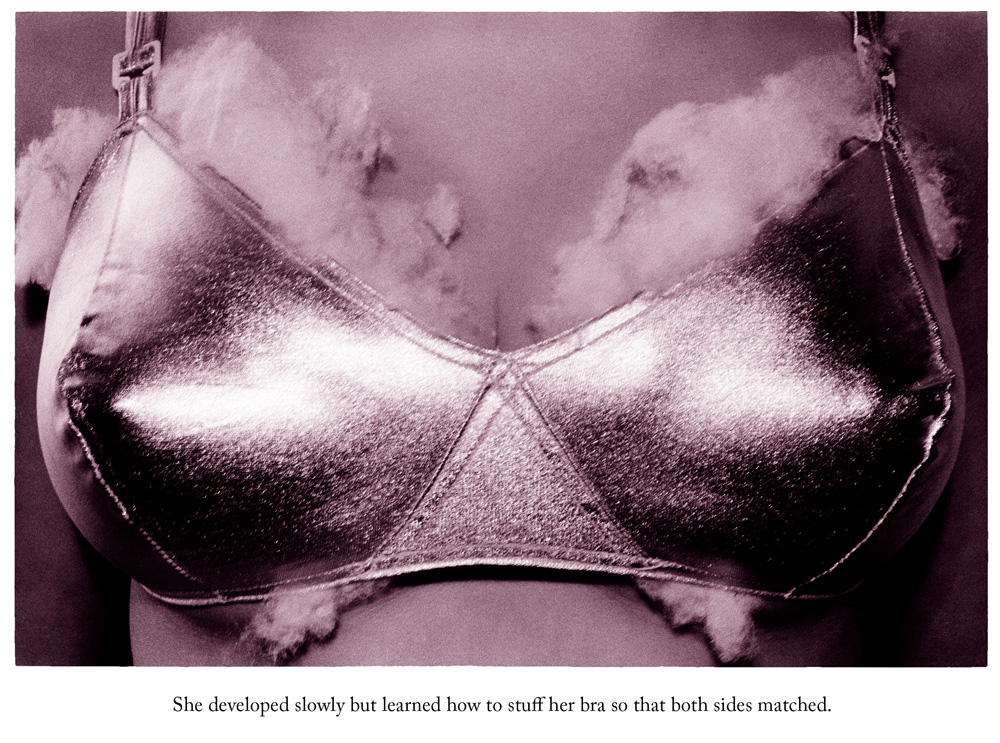
In 1975, Marcia Resnick (1950 – 2025) was driving in Manhattan when she became embroiled in a car accident. Her entire life flashed before her. When she awoke in the hospital, she began to think about all of the events which led to her being there. She began to write ideas and draw pictures considering her life thus far, in preparation for creating a new book. In 1978, the autobiographical book Re-Visions was published, full of staged photographs about female adolescence and accompanying text.
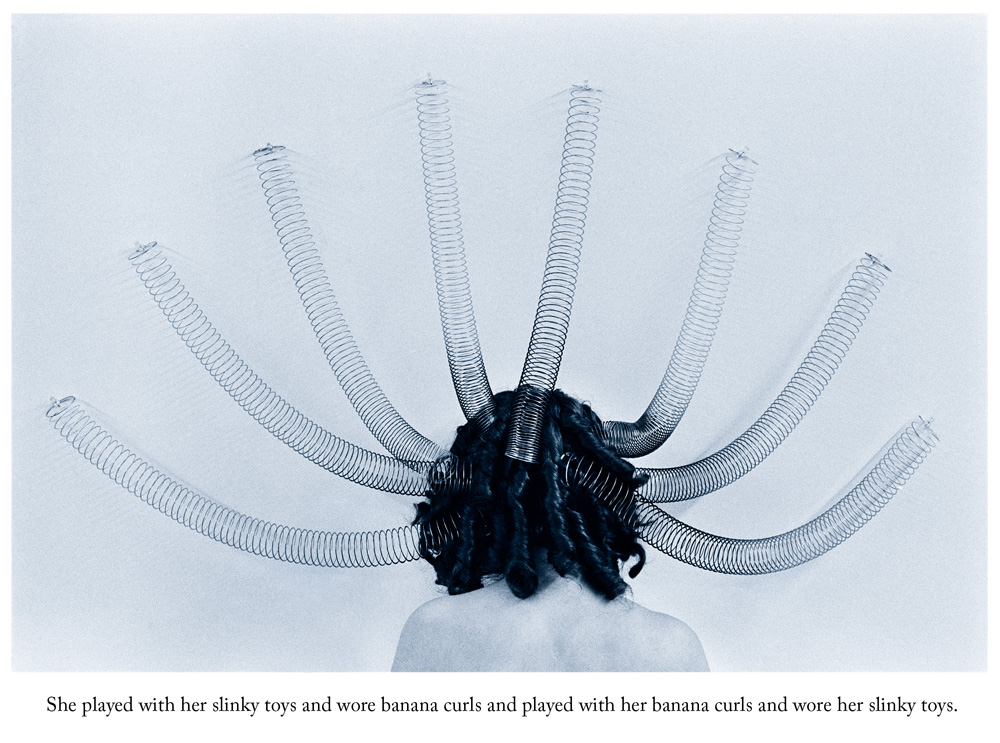
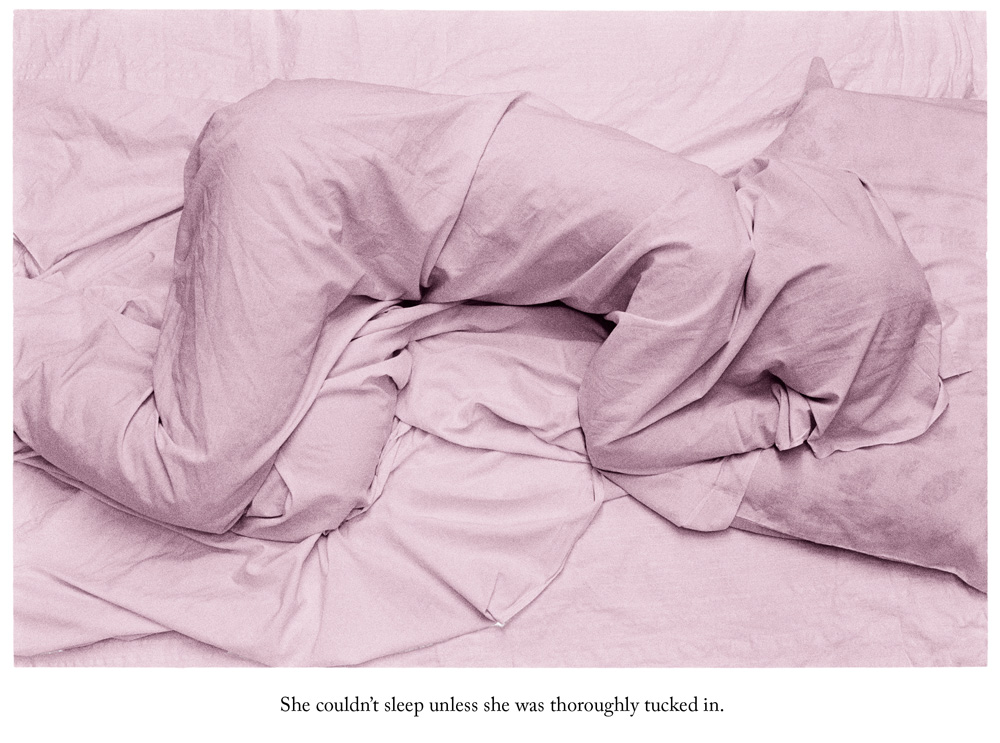
Resnick was an influential figure in New York’s downtown art scene through the 1970s and early 80s. She writes about an edition of Re-Visions published four decades after the first:
After studying art at Cooper Union, I went to grad school at Cal Arts, where I studied post-studio conceptual art with John Baldessari and Allen Kaprow. I became captivated by photography which was finally becoming accepted as a fine art in the early 70’s. Michel Tournier wrote in The Ogre, “If beautiful landscapes could be eaten, they would be photographed much less.” My photos of landscapes were the antithesis of the then popular lavish landscapes of Ansel Adams. In 1975, I self-published three conceptual artist books, Landscape, See and Tahitian Eve. I always believed that books were the most democratic art form. I always believed that good art should be available to all people.
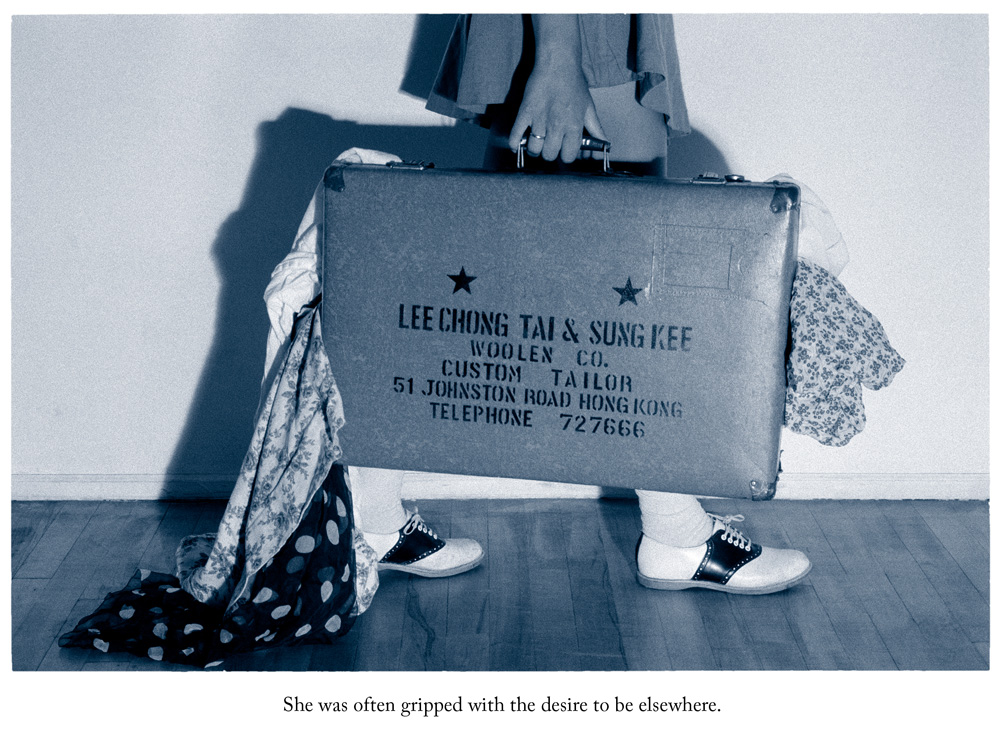
In 1975, while driving my car in Manhattan, I was in an accident and my entire life flashed before me. When I awoke in the hospital, I began to think about all of the events which led to my being there. I began to write ideas and draw pictures considering my life thus far and created a poignant and ironic, autobiographical book of staged photographs about female adolescence. Re-visions, first published by The Coach House Press in Toronto in 1978, is a collection of revisualizations of memories, often revised to augment the irony and humor of the human condition. The words and pictures are equally important; they feed off each other working in concert or in discord to form the narrative.
After the introspection of Re-visions, I did an about-face from my cool conceptual work. I wanted to explore a world outside of myself and moved on to another topic which had confounded me…the male species. My book “Punks, Poets and Provocateurs: New York City Bad Boys 1977-1982,” published in 2015, was born out of a fascination with the dynamic of a woman photographing men. I was intrigued by the human face as a repository for personality and emotion. I enthusiastically pursued the art of photographic portraiture for the first time. I eventually realized that both photographing people and telling stories were very important to me..
I am delighted that Edition Patrick Frey has re-published my out-of-print book Re-visions forty-one years after it first saw the light of day.
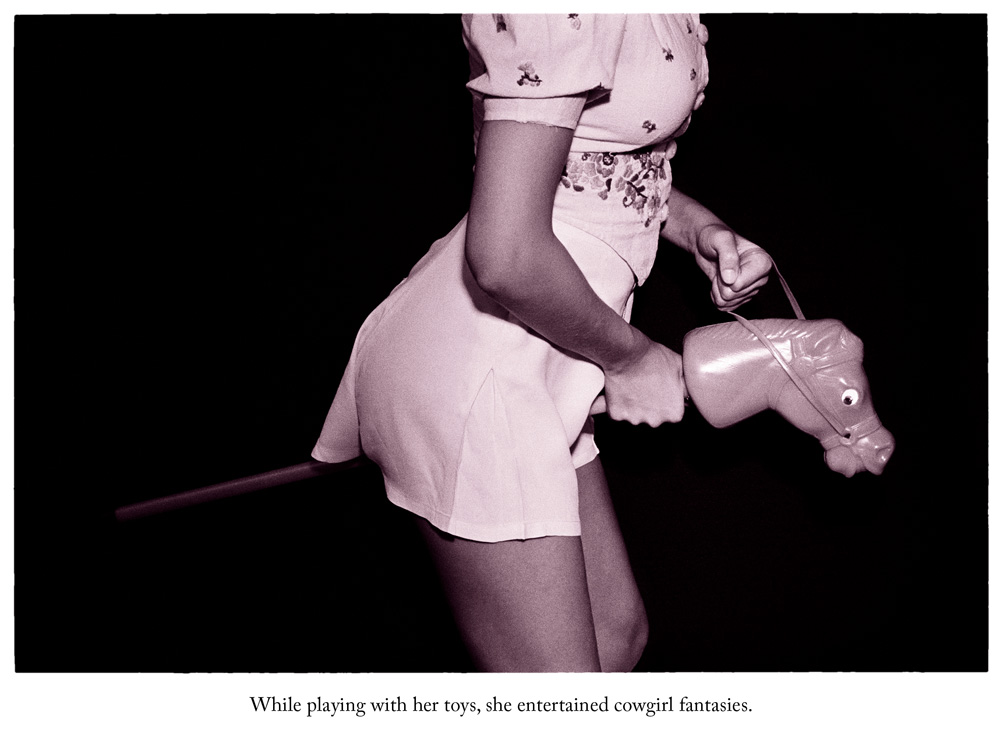
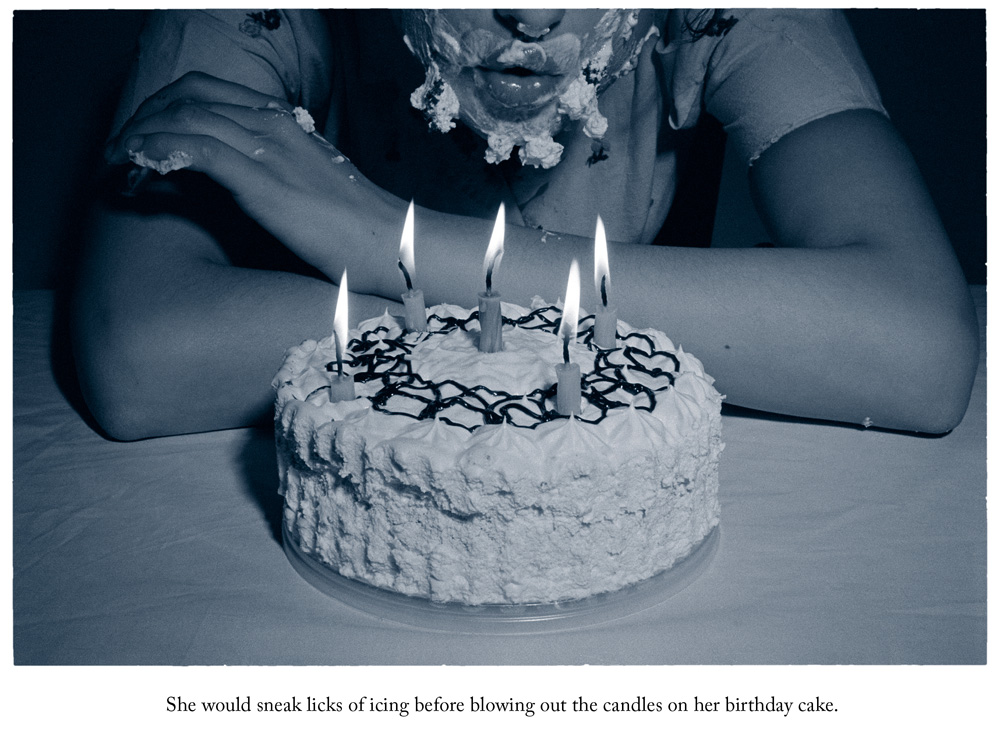
Re-visions’ protagonist is an adolescent girl whose innocence has given way to an understanding of good and evil and who displays increasingly little ambivalence about the appeal of being a good girl. Her crimes are minor – sticking chewing gum under her chair, being unruly in class – but they have consequences. Awakening sexuality in both body and mind occupy some of the pictures, not surprisingly, given that the book is dedicated to Humbert Humbert of Lolita fame. Resnick’s Lolita wavers between being mortified when her actions draw attention and being provocative by setting herself apart in clothes or situation. She’s ambitious, but in a teenage way, such as wanting to be a starlet. Adults can’t be trusted, particularly the men in her father’s NRA chapter, and nighttime is when the imagination is given free rein.
– Anne Wilkes Tucker, Curator of Photography, The Museum of Fine Arts, Houston (via)
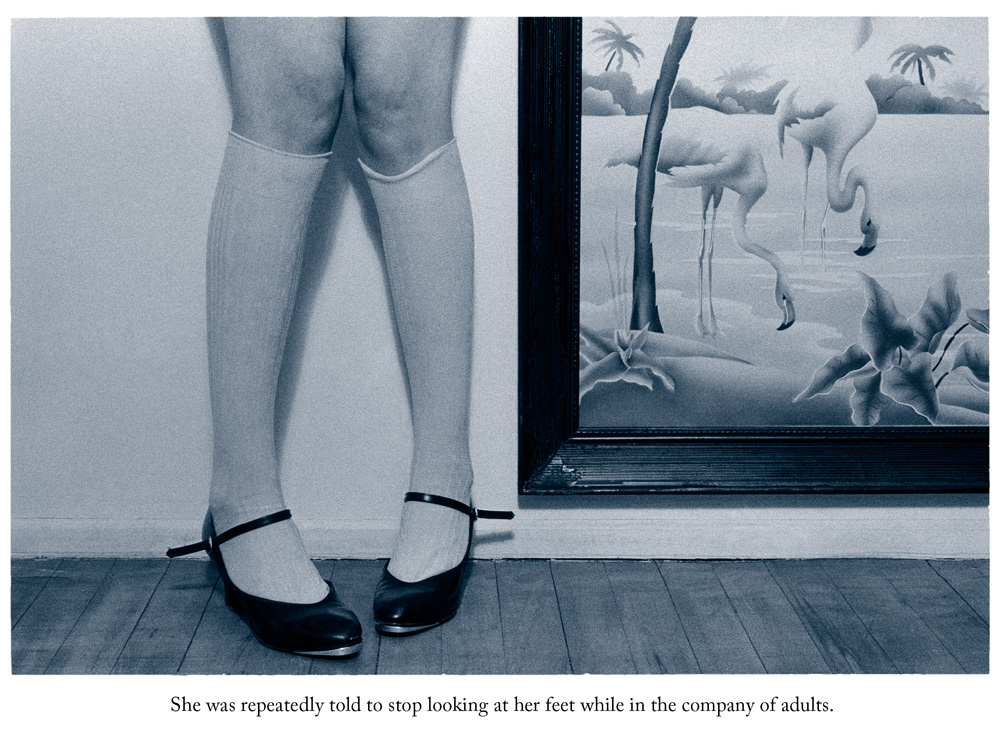
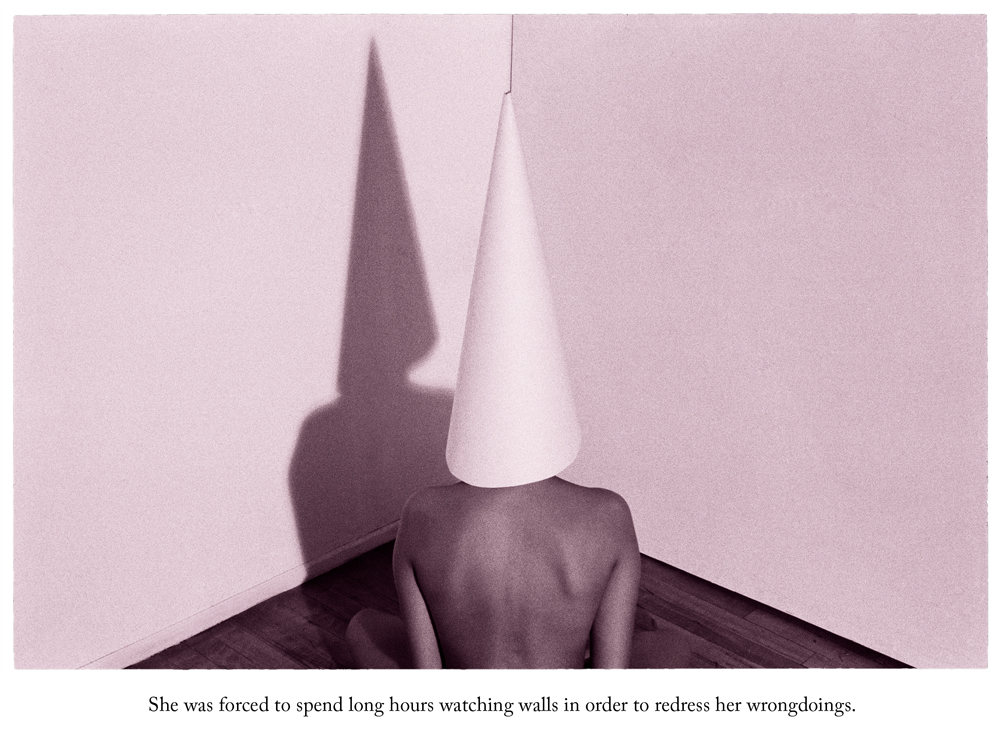
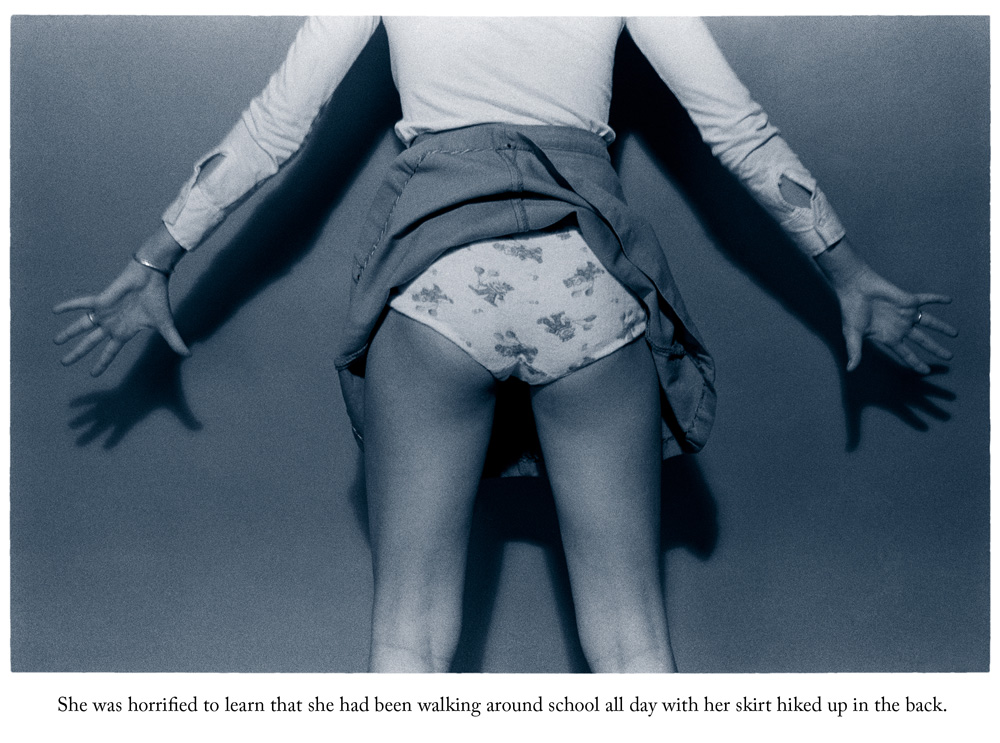
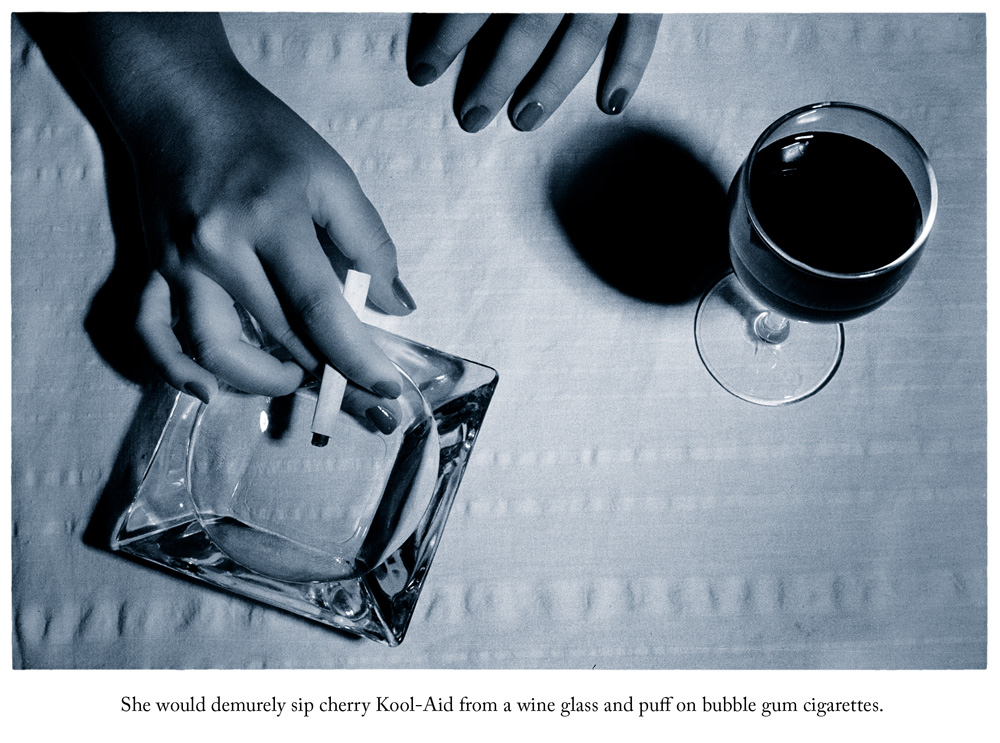
Would you like to support Flashbak?
Please consider making a donation to our site. We don't want to rely on ads to bring you the best of visual culture. You can also support us by signing up to our Mailing List. And you can also follow us on Facebook, Instagram and Twitter. For great art and culture delivered to your door, visit our shop.










